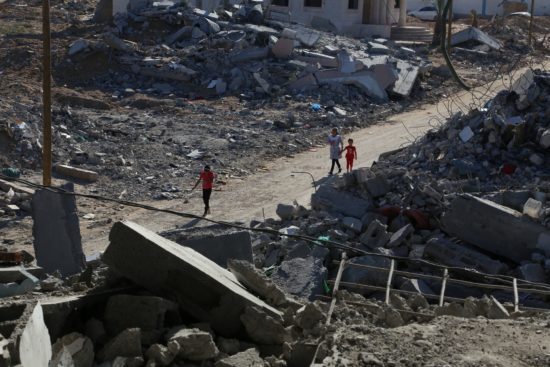Antibiotic resistance in Palestine: an emerging part of a larger crisis
Supporting previous letters published in The BMJ about the violent response of Israeli forces to Palestinian protestors in Gaza. Médecins Sans Frontières (MSF) has received 2228 trauma patients from April to September. The total number of injured has now reached 20 833, with 191 deaths. About 90% of Palestinian patients seeking care from MSF have had lower limb injuries from gunshot wounds, and 52% had open fractures. Many arrived after previous surgeries in hospitals with limited infection control procedures, stressed by repeated mass casualty events. Wound breakdown, tibial non-union, osteomyelitis, and amputation will be unavoidable for many patients.
Antibiotic resistant infections are a certainty in Gaza: poor infection control, irrational prescription practices, and easy antibiotic availability are widespread, and previous outbreaks of antibiotic resistance have been documented. Public and private laboratories lack reagents for identifying bacteria, guidelines for antibiotic sensitivity testing, and quality control procedures. Bone and tissue cultures are usually impossible. Adding an overwhelming number of surgical cases to this context, where the health system was already in crisis before the most recent violence, risks creating an epidemic of antibiotic resistant infection.
Action must be taken: improving laboratory supply chains, processing of bone and tissue samples, internal quality controls, standardised antibiotic sensitivity testing, guideline availability, surveillance of antibiotic resistance, rational antibiotic use, and robust infection control procedures are critical, as is providing clinical and surgical support. Patients must be transferred outside of Gaza when the complexity of their injuries exceeds the capacity of local hospitals; the World Health Organization states that 94% of all referrals of patients injured in the demonstrations were denied exit.
Multidisciplinary expertise (including surgical, pain management, mental health, physiotherapy, and wound dressing) is also needed to manage the immediate and longer term consequences of this unique trauma. The enormous need for surgery, rehabilitation, and infection management requires urgent, on-site, external support to optimally manage these patients.
Source: the BMJ
Effective Surveillance


